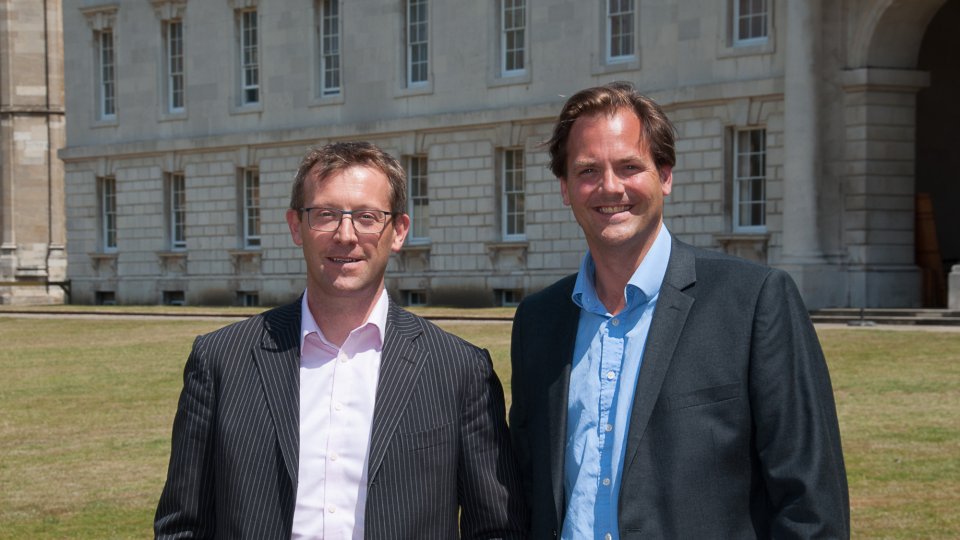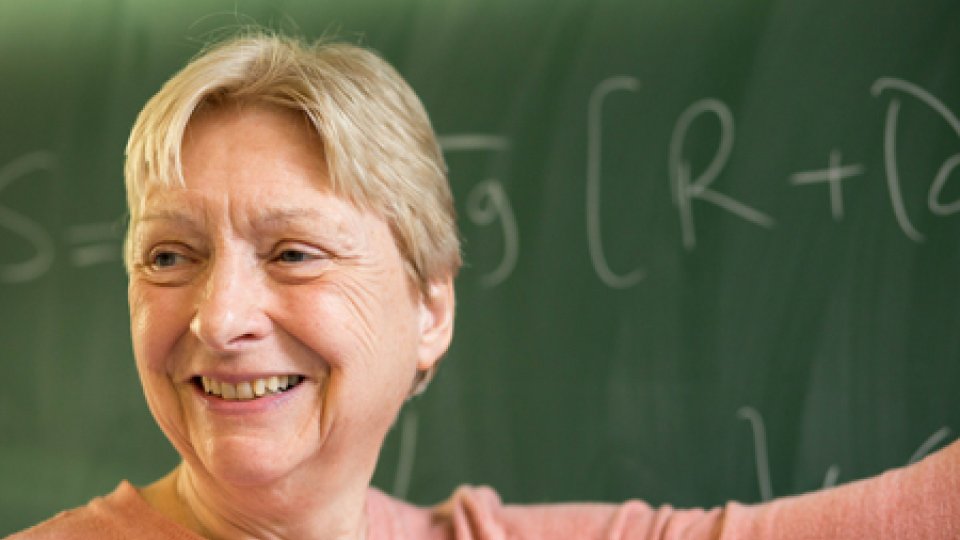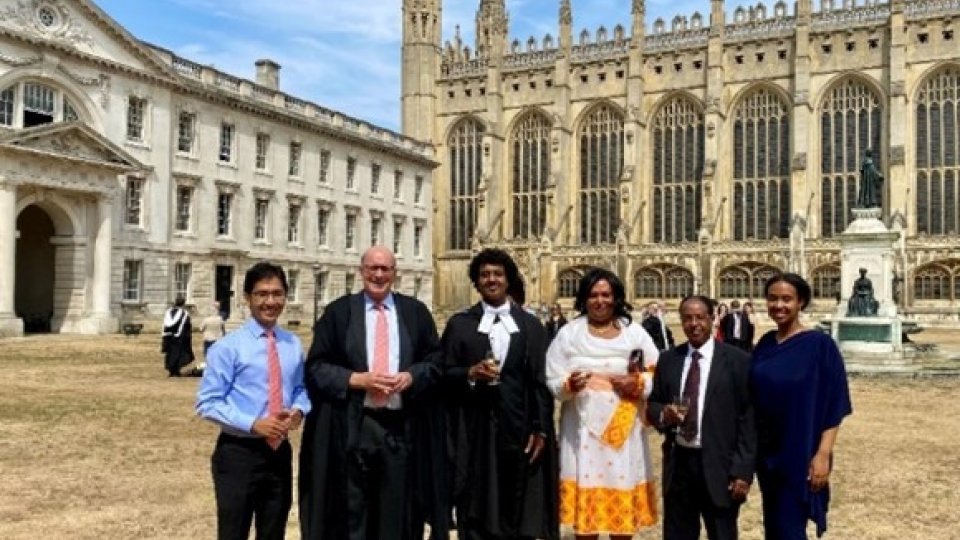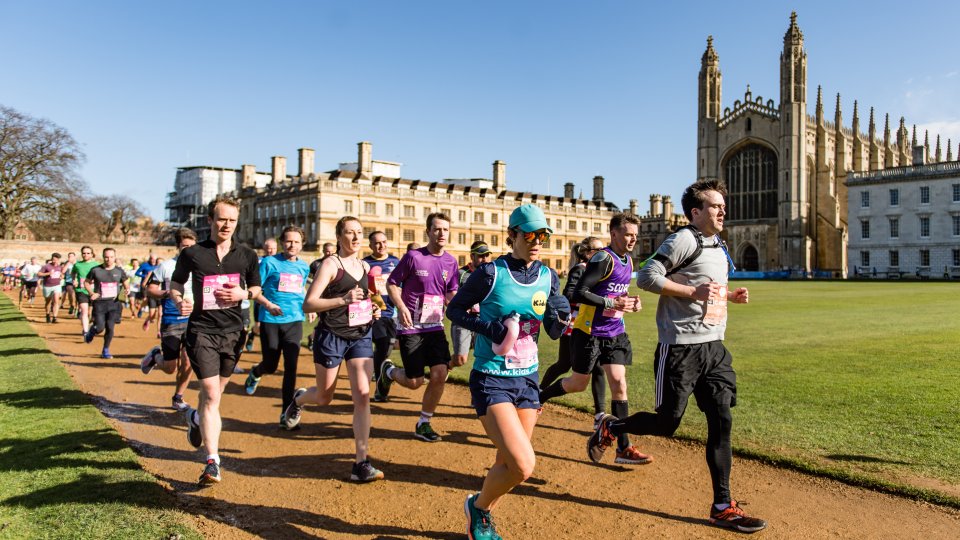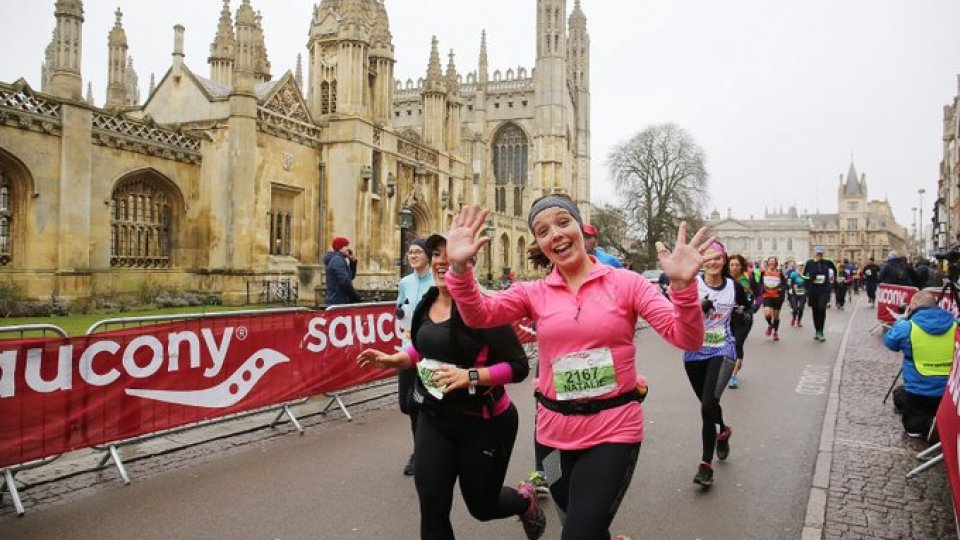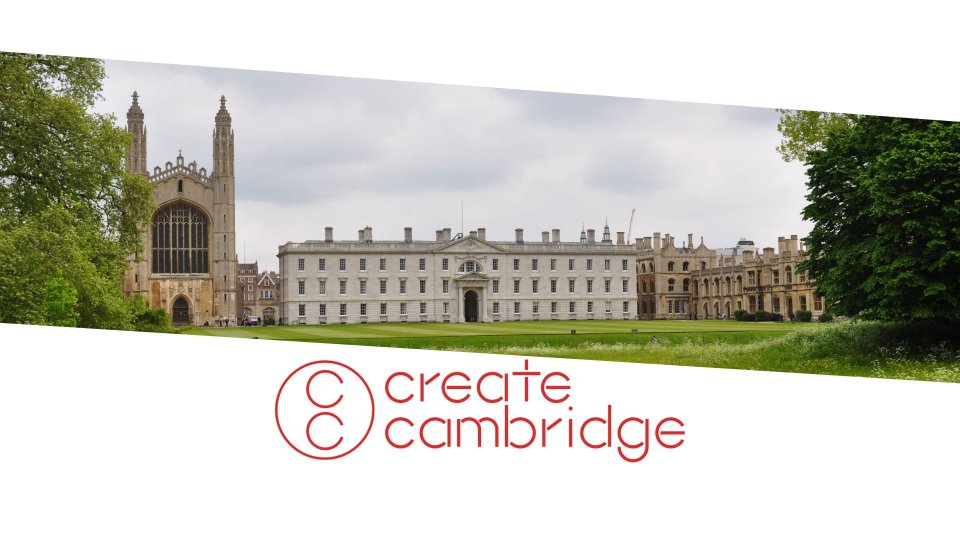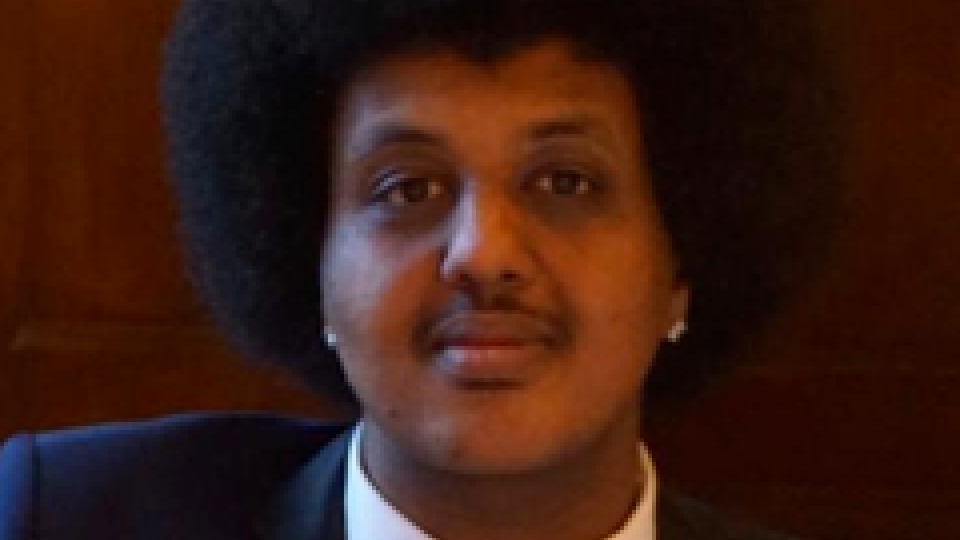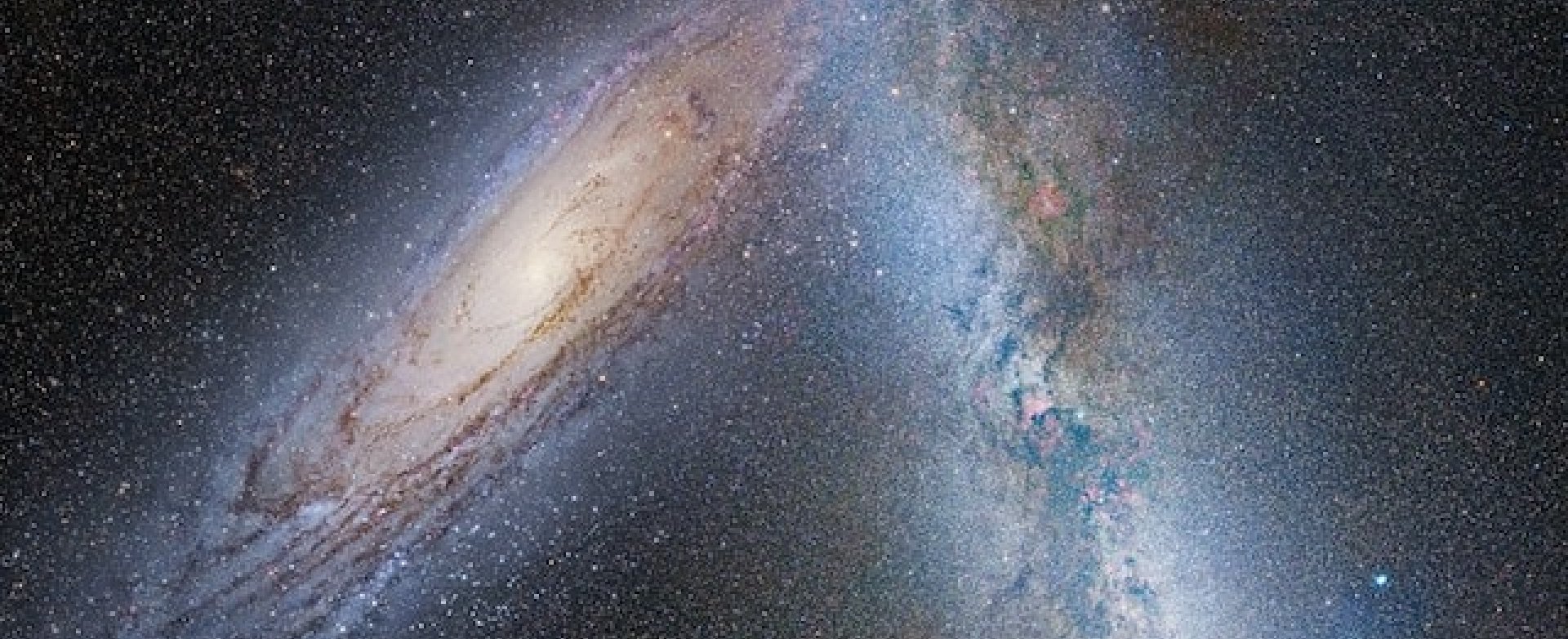
King’s Fellow Anne Davis and colleagues have found a new way to detect and measure dark energy by studying Andromeda, the nearest major galaxy to our own Milky Way. The results are reported in The Astrophysical Journal Letters.
Everything we can see in our world and in the skies makes up just five percent of the observable universe, and the rest is dark. About 27% of the universe is made of dark matter (holding objects together) while 68% is dark energy (pushing objects apart).
In the last two decades astronomers have used very distant galaxies to study dark energy, but the Cambridge researchers found that by studying how Andromeda and the Milky Way are moving toward each other given their collective mass, they could place an upper limit on the value of the cosmological constant, which is the simplest model of dark energy.
Using a series of simulations based on the best available estimates of the mass of both galaxies, Professor Anne Davis and her co-authors – Dr David Benistry from the Department of Applied Mathematics and Theoretical Physics and Professor Wyn Evans from the Institute of Astronomy – found that dark energy is affecting how Andromeda and the Milky Way are orbiting each other.
The technique, still early in its development, could prove very valuable but needs to be further refined and take more accurate measurements of Andromeda’s mass and motion into account.
A version of this article is available on the University of Cambridge website.
